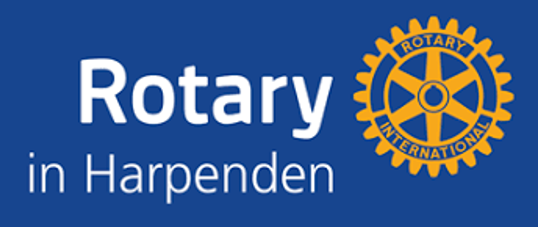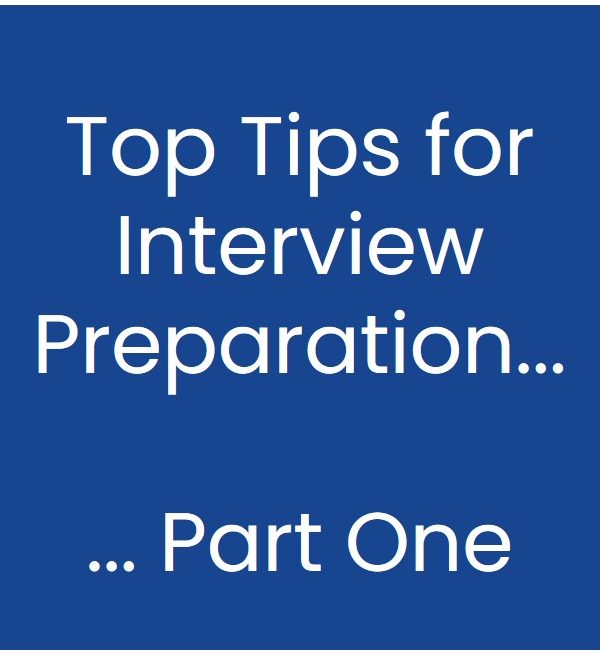1 THE PRESENTATION OF YOUR APPLICATION AND CV
Have you checked for spelling mistakes and grammatical errors? Is it free of corrections and smudges?
Is it neat and easy to read? Avoid using coloured inks or fancy scripts.
Have you been asked to use your own handwriting? Have you been asked to write in block capitals?
2 THE CONTENT OF YOUR APPLICATION AND CV
Have you supplied enough information? Is the information correct? Is it relevant?
Don’t exaggerate or tell lies: you will be found out! Has someone checked it with you?
3 WHEN YOU ARRIVE AT THE INTERVIEW
First impressions are very important. Be confident and smile. Make eye contact with the interviewer.
Introduce yourself by name. Expect to shake the interviewer’s hand. Do so firmly and confidently.
Don’t sit down until invited to do so. Sit in a relaxed way, but do not slouch or lean on the table.
Try to control any nervousness. Make a special effort to appear alert and interested.
4 THE WAY YOU DRESS
Think about what you will wear to the interview. Most interviewers will expect you to be smartly dressed.
Casual or sloppy dress will not impress. Interviewers will be older than you and less impressed by the latest fashion.
You may wish to remove any body piercing jewellery.
5 YOUR APPEARANCE AND PERSONAL CLEANLINESS
Pay attention to your personal appearance and cleanliness. Do you look clean and tidy?
Are your hands and nails clean? Is your hair combed or brushed? Should you have your hair cut before the interview?
It you are wearing a tie, is it done up and straight? Buttons intended to be buttoned-up should be buttoned-up.
Shoes should be clean and socks pulled up. If you have a cold, make sure you have a handkerchief.
6 YOUR CONFIDENCE
Be confident, but don’t be over-confident or false. Speak clearly and act positively. Smile and show you are alert and interested.
Make an effort to enjoy the interview. It is natural to be nervous, but try to appear calm.
7 BE ATTENTIVE AND CONCENTRATE
Concentrate on the question being asked. Listen carefully to the question.
If you don’t hear the full question, ask for it to be repeated. Do not allow your mind to wander. Avoid distractions.
8 UNDERSTANDING THE QUESTIONS
If you don’t fully understand a question, ask for clarification. The interviewer may have been vague on purpose, just to test you.
9 WHEN ANSWERING QUESTIONS
Think before you answer the question. Answer the questions positively and confidently. Don’t waffle.
Don’t start to answer before the question is finished. Don’t anticipate the question: you may get it wrong.
10 SPEAK CLEARLY
Speak clearly and loud enough to be properly heard. Don’t mumble. Don’t waffle or use very long sentences.
If you have lost track of the question, ask for it to be repeated.
11 GIVE USEFUL INFORMATION
Make sure your answers are relevant. Don’t waffle. Avoid giving negative answers which will show you in a bad light.
Make positive statements about yourself. Try not to be critical of other people.
12 MAINTAIN EYE CONTACT
Maintain good eye contact with the interviewer. Eye contact shows that you are interested and have good listening skills.
13 YOUR COMPOSURE
Try to be relaxed and comfortable, but stay alert. Try to control any nervousness. Do not fidget.
Be aware of nervous habits, they can be off-putting to the interviewer.


Comments are closed.